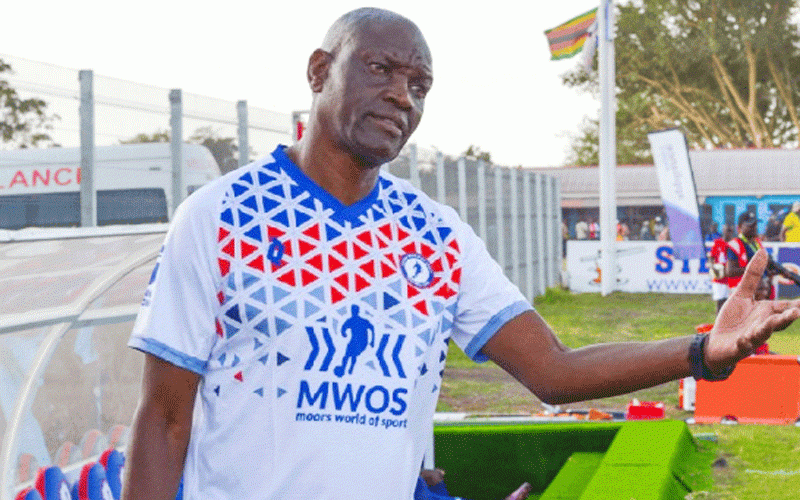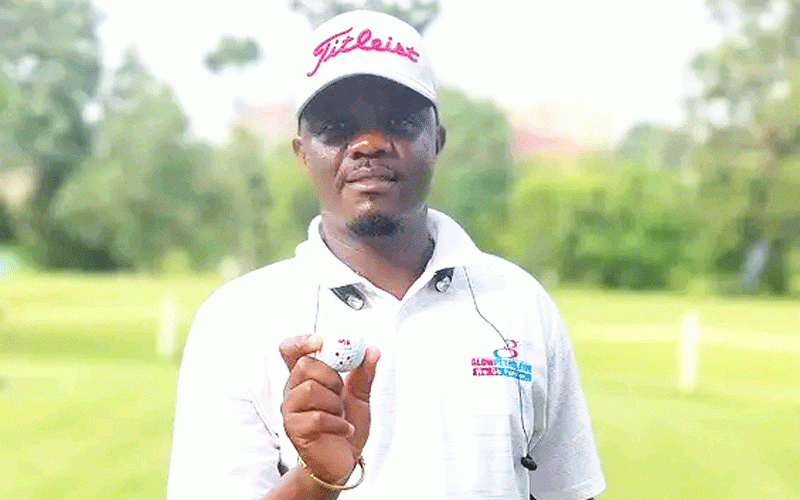
To me, the outcry means coaches, players and managers alike have something to hide, but it is always good to catch these kids whilst they are still young so that they can desist from using drugs during matches.
This year’s edition will see a total of 30 anti-doping tests being conducted at the tournament which is going to run from tomorrow up to May 5 at Prince Edward School in Harare.
The tests will be done randomly by medical experts.
Despite the fact that the organising committee has been busy doing educational lessons about the exercise to both players and administrators from as far back as 2005, the parties involved have not taken heed.
This reminds me of a similar incident where one of our national team coaches had to face a challenge in South Africa where most of our junior footballers that included Archford Gutu refused to go through the grueling bone testing exercise which was aimed at exposing age cheats, and that consequently left the coach with a makeshift side.
Apart from drug testing and age cheating, HIV and AIDS tests have also been introduced especially to a sport like boxing. So it is always nice for these kids to get used to all sorts of testing as the world is moving towards that route.
Last year the exercise failed due to non availability of equipment which is said to be expensive, but the educational part of it was done.
Zimbabwe Rugby Union and the National Association of Secondary School Heads have also come up with extensive outreach programmes to enlighten students on the banned substances and the consequences of being found guilty.
- Chamisa under fire over US$120K donation
- Mavhunga puts DeMbare into Chibuku quarterfinals
- Pension funds bet on Cabora Bassa oilfields
- Councils defy govt fire tender directive
Keep Reading
Players with a documented medical condition requiring the use of a prohibited substance must first obtain a Therapeutic Use Exemption (TUE) prior to the tournament.Players who fall under this category include those who are diabetic and asthmatic as their prescribed medications contain banned substances.
The 2012 edition of the International Rugby Board (IRB) Anti-doping handbook states that “TUE provides a player with authorisation to use prohibited substance to treat a legitimate medical condition whilst continuing to play rugby.”
The 30 tests that are going to be done at Prince Edward School will then be sent to South Africa for verification. It has to be spelt out to the kids found guilty of using prohibited substances that they risk suspension from the game and the results will be posted on the IRB website before they are sent to the country’s rugby governing body the Zimbabwe Rugby Union.
So if there is no devil in your camp, there is nothing to fear. Let’s show them the right direction while they are still young.
Feedback: [email protected] or call 0775 341 029











